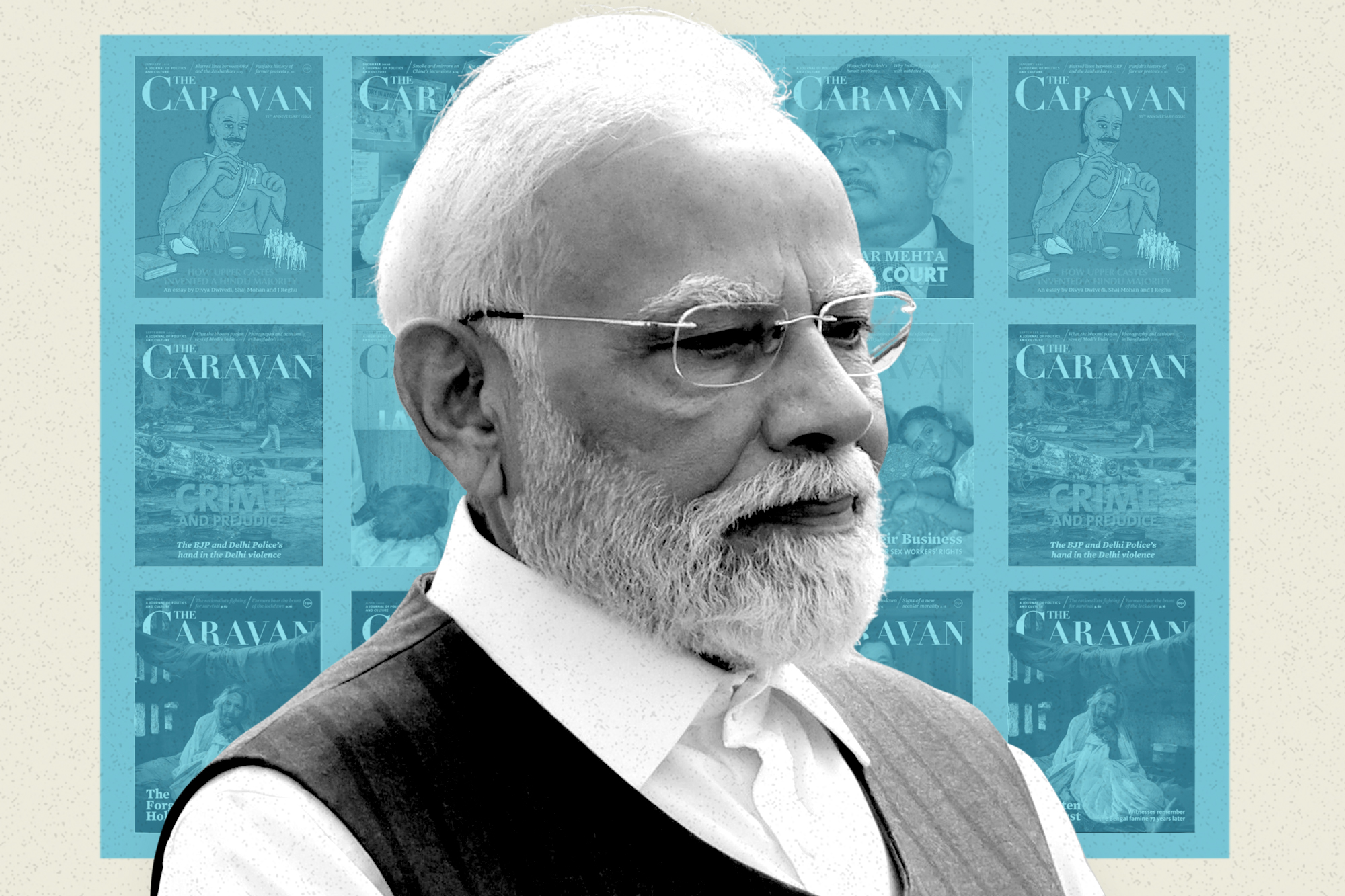Earlier this month I attended an open town hall for my congressman, Jake Auchincloss of Massachusetts. Since he’s a moderate Democrat in a district that has been reliably Democrat for some time now, I expected that the bulk of the questions Auchincloss would receive would be variations of “Why aren’t you fighting Trump harder?” Indeed, Auchincloss’ opening remarks were typical Democratic talking points including defending the Constitution, reinvigorating the Democratic Party and getting America talking again. While some constituent questions revolved around those topics as well, they were not the primary subject.
The most common question from one of the most heavily Jewish congressional districts in the country was some variation of, “What are you going to do about the starvation in Gaza?”
Auchincloss is not the only representative to face angry questions about Gaza at his town halls. Furthermore, the responses to Auchincloss’ stilted, minimalist answers (starvation is bad; being pro-Israel and pro-Palestinian should not be mutually contradictory; Hamas has a singular responsibility to end the conflict) indicated that while there were some supporters of the current Israeli government in the audience, they were badly outnumbered by critics of Israel — and U.S. support for Israel.
Should this worry Israelis? Not in the short term. By any objective analysis, the state of Israel is safer and more secure now than it was prior to Hamas’ brutal attacks of Oct. 7, 2023. Israel’s ongoing campaign in Gaza has left Hamas a shell of its former self. Beyond the occupied territories, however, Israel has also weakened a bevy of neighboring states and militias. Its precision attacks on Hezbollah crippled that Iranian-backed militia. Syria’s civil war ended with the fall of Bashar Assad and the enlargement of Israel’s buffer zone in that country. Its most recent attack on Iran decapitated the Revolutionary Guard’s leadership — and dragged the United States into a Middle East conflict on Israel’s side. Strategically and militarily, Israel is more powerful in the Middle East now than at any time in this century.
The price Israel has paid for these military successes, however, is considerable. The erosion of public support could have long-lasting effects on Israel and its relationship with vital allies.
Israel has always received a disproportionate measure of criticism from certain quarters of the globe. For most of this century, that did not matter. Israel’s allies in the West, other great powers, and even its Arab neighbors mostly tolerated Israel’s policies in the occupied territories. This gave Benjamin Netanyahu considerable latitude in how he dealt with Hamas. The cycle of periodic missile attacks on Palestinians became so routine that Israeli elites dubbed it “mowing the lawn.” Israel’s benefactors and neighbors largely tolerated this behavior — indeed, any residual criticism evaporated immediately after the Oct. 7 attacks. With Donald Trump’s 2024 election victory, Israeli elites likely believed that they had cemented the backing of their most important ally for the foreseeable future.
In 2025, however, the political tide has turned against Israel. This is evident on the global stage, but it is definitely true within the United States as well. A broad spectrum of countries and politicians across the world are now accusing the state of Israel of committing genocide in Gaza. Even some Israelis are using the term while other Israelis are finally acknowledging the suffering. Images of starving Gazan children have ricocheted across the globe.
For most of this century, Israel and its allies have fought desperately to avoid any comparison with apartheid-era South Africa, recognizing that such an association would harm Israel’s standing in the world. For all its sins, however, the Afrikaaner government was never accused of fomenting a genocide. Israel’s government now risks being lumped together with Rwanda’s Hutu regime, Cambodia’s Khmer Rouge, Mao’s China and, yes, Nazi Germany.
The question to ask is whether, in a world of dissolving norms, the genocide label matters anymore. But however you answer it, the very fact that the discussion is taking place is a sign of a significant shift in political tectonics that should be worrisome both for Israelis and American supporters of Israel.
Let us speak plainly about what is currently happening in Gaza. The visual evidence of wanton death and destruction is inescapable, suggesting that more than half of Gaza’s housing stock for the estimated 2.2 million people who lived there in 2023 has been completely obliterated. Estimates from the health ministry in Gaza number the dead above 60,000, and preliminary scholarship based on other sources suggests the death toll could be even higher. Life expectancy in Gaza has fallen by more than 35 years to roughly half the pre-war figure of 75 years — a drop more acute than during Mao’s Great Leap Forward. The humanitarian catastrophe began to accelerate after Israel cut off all food supplies in March of this year, claiming without any evidence that Hamas was systematically stealing aid. The United Nations’ food security group declared this month that, “The worst-case scenario of famine is playing out in Gaza,” and other humanitarian groups concur.
Israel’s culpability in Gaza’s suffering is equally clear. As my colleague Alex de Waal recently explained, “Starvation takes time; authorities cannot starve a population by accident.” The term “genocide” has a freighted meaning in international politics — but it is not out of place when characterizing what Israel is doing in Gaza. Regardless of who is responsible for the start of this conflict, the Israeli government is culpable for its own actions in Gaza right now. Furthermore, Israel’s right-wing government is now openly talking about displacing Gaza’s entire population to make way for Jewish settlements — the very epitome of settler colonialism. That proposal has alarmed Reform and Conservative Jews across the world. Even Bret Stephens, a stout supporter of Israel, warned that such a move would be a “colossal mistake.”
As the humanitarian situation in Gaza has gone from very bad to war-crimes-tribunal-level bad, global and U.S. opinions have undeniably shifted on Israel. Consider the array of leaders in the West who have called on Israel to do something to stop what even Donald Trump calls “real starvation” occurring in Gaza: European Commission President Ursula von der Leyen, the elected leaders of the United Kingdom, France and Germany, Democratic Pennsylvania Gov. Josh Shapiro, the second most powerful Democrat in the House, Katherine Clark and Republican U.S. Rep. Marjorie Taylor Greene.
There are multiple reports that Trump’s MAGA base is appalled by Israel’s actions in the occupied territories and beginning to question U.S. aid to that country. According to the Financial Times, Trump told a Jewish donor that, “My people are starting to hate Israel.”
Even U.S. Rep. Ritchie Torres of New York, one of Israel’s most stalwart defenders on the Democratic side of the aisle, has subtly shifted his tone, warning that “if there is an erosion of support for Israel in the United States, that’s not something the Israeli government should take lightly.”
Torres’ warning about the erosion of public support is well placed. In a lot of ways the elite discontent over Israel’s actions in Gaza trails the growing public discontent. Pew’s data shows that global public opinion on Israel has soured in recent years. Gallup’s data shows that immediately after the Oct. 7 attacks, a majority of Americans approved of Israel’s military actions in Gaza. Last month, that same question swung the other way, with only 32 percent approval and 60 percent disapproval. YouGov’s polling reveals that a plurality of Americans now support decreasing military aid to Israel. With both progressive activists on the left and MAGA isolationists on the right railing about Israel’s bellicosity and culpability, it will be difficult for Israel to cajole Congress into offering further support. Once criticism of a country becomes bipartisan, the taboo against further criticism crumbles.
This is not the first time Israel has faced broad-based U.S. criticism for its prosecution of the war in Gaza, but it might be the first time that its standard defense mechanisms are failing to register. Israel is in part a victim of its own success. Immediately after the Oct. 7 attacks, its supporters could justifiably point out that Israel was surrounded by hostile, Iranian-backed militias and therefore drastic action was justified. Israel has now crippled the Revolutionary Guard as well as Iran’s proxy forces in Lebanon, Syria and Gaza. Whatever perceived need there was for a disproportionate response in Gaza to the Oct.. 7 attacks has dissipated.
Efforts to conflate criticisms of Israel with antisemitism are also likely to work less well in 2025 than in 2024. For more than a year after the Oct. 7 attacks, Israel’s defenders could point to recorded spikes in antisemitism in the United States as a means of dismissing public criticism. Israel’s defenders also discounted university-based criticisms of Israel’s actions as the product of an antisemitic environment.
Since reported instances of antisemitism increased last year, one would think that this line of defense would work even better now. The Trump administration’s 2025 response, however, has effectively neutered it. The Trump White House’s use of antisemitism as a superficial pretext for cancelling research funding and extorting money from universities has alienated even those who might otherwise support cracking down on anti-Israeli protests on American campuses. The American Jewish Congress has described the Trump administration’s actions as “overly broad,” while others who have formulated federal antisemitism policies have characterized it as “counterproductive and quite dangerous.” The constant claims of antisemitism on and off campuses from some quarters is leading to a good deal of mockery. Paradoxically, the Trump administration and its supporters’ constant, hyperbolized invocations of antisemitism have denuded the accusation of much significance.
Do these shifting political sands matter? This depends on whom we are talking about. For an American Jewish community already ripped apart by Israel’s actions during this war, the latest shift in public attitudes will lead to some discomfiting High Holy Days sermons. As a Jewish international relations scholar, I have my own not-inconsiderable baggage to lug around whenever I discuss this topic. The thought that Israel is sacrificing its status as a democracy and a member in good standing of the international community is extremely disturbing for someone who wants Israel to exist as a safe space from any global pogrom. And yet, my fury at Israel’s government for its culpable actions — and the Jews who have weaponized antisemitism to stifle all substantive debate over the war in Gaza — is only growing. I am quite certain I am not the only Jew who feels this way.
For Israel, the effects will be more mixed. So long as the Trump administration does not turn on it completely — an unlikely scenario — the Netanyahu government likely believes that it can suffer the slings and arrows of hostile rhetoric without suffering all that much in the way of real consequences. For one thing, Israel’s key base of political support in the United States no longer rests on Jews but on evangelical Christians. If U.S. support persists, no matter how truculent it might be, then Israel’s latitude in prosecuting the conflict in Gaza will not be constrained all that much. For a country that is used to disproportionate criticism from the international community, the costs of slightly louder criticism pale next to the perceived benefits of crushing Hamas in Gaza.
The bigger problem is over the medium to long term. Israel faces some real risks from winning the war on the ground and losing the war of the words. If only Nixon could go to China, then only Trump can bash Israel and live to tell the tale. It is possible that if MAGA’s outrage over U.S. involvement in the Middle East grows, Trump might change his tune. It is also worth noting that as time passes, more and more Americans will feel less of an attachment to Israel. The polling suggests that even among young evangelicals, support for Israel has plummeted.
As public opinion turns against Israel, it will become politically palatable — and even advantageous — for Israel’s defenders to be more outspoken in their criticisms. The more public their outcry, the less hostile their town halls will become. As a result, Israel’s government will find itself facing some nasty rhetoric. Most of the Global South already recognizes Palestine as a state. With the most recent suffering, western countries such as Australia, Canada, France, Portugal and the United Kingdom are making moves in that direction as well. Germany, Israel’s most stalwart defender in Europe, is also wavering. As other countries follow suit, the number of countries that refuse to recognize a Palestinian state will dwindle down to a handful.
Once the term genocide has been applied to a situation, it is difficult for the targeted actor to erase the stigma. Israel will be spending the next few decades either deflecting or processing what its forces are currently doing in Gaza. Israelis could rationalize that in a world of eroding norms, hostile rhetoric will not matter so much. Israel’s defenders are not wrong when they point out that while Israel has garnered so much criticism, less attention has been paid to humanitarian crises in Afghanistan, Sudan and Syria. With the United States scaling back its emphasis on human rights, Israel’s leadership might decide they can live with the calumny. Eroding norms cut both ways for Israel, however. A world that cares less about human rights and sovereignty norms enables Israel to do what it wants in Gaza, but it also enables Israel’s neighbors to treat Israel in a similar manner.
Israel’s worst-case scenario would be to find itself in the same boat as apartheid-era South Africa in the 1980s. The United States long resisted pressuring South Africa’s white government, but then in 1986 Congress overrode lame duck Ronald Reagan’s veto and joined the international community in sanctioning Pretoria. South Africans were diplomatically isolated and unable to participate in the Olympics and other international sporting events. Israelis could face similar shunning. Israeli academics would likely discover themselves shut out of international conferences and symposia. Tourists would stop traveling to Israel, and Israelis would find it more difficult to travel elsewhere without a second passport. Israel would continue to exist, but its population would not be welcomed anywhere outside of Israel.
Nearly two years after the Oct. 7 attacks, Israel is undeniably more secure. But the price has been high and will only get higher. After the United States imposed sanctions, the apartheid-era regime in Pretoria lasted less than five years. If U.S. public hostility to Israel increases, leading to a shift in policy, the Israeli government’s days could be similarly numbered.




